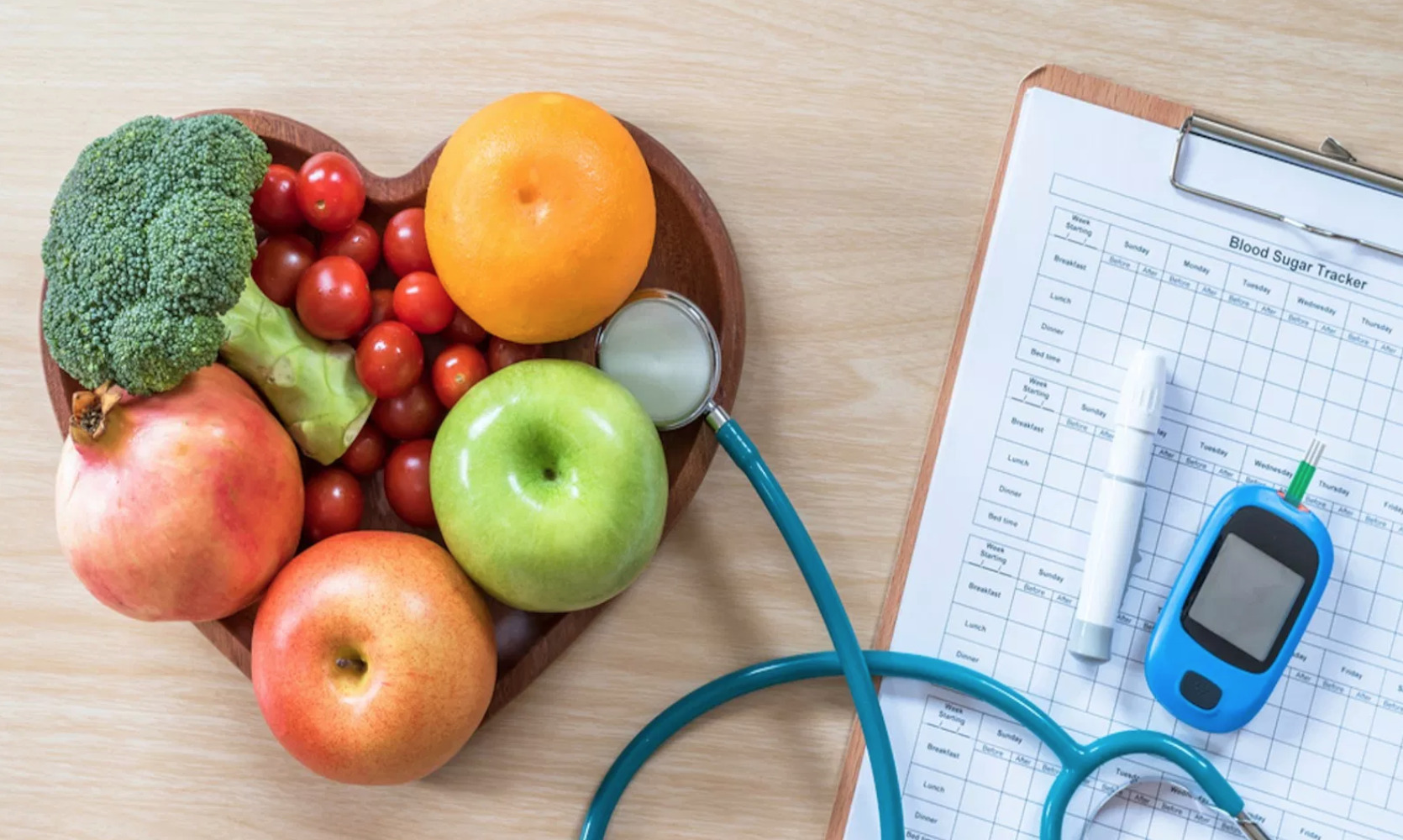OCTOBER 2018: Building a Relationship With Your Pharmacist
Build a Relationship with Your Pharmacist: You May Become a Healthier Person
Do you think of your pharmacist as the busy person behind a window or counter? Someone who simply prepares and dispenses medications? We’ve long been more than just drug experts. But over the past 20 or 25 years, our role has continued to expand. Building a relationship with patients to enhance their health has become a vital part of our profession.
Getting to know you. You, too, are likely to benefit from working closely with a pharmacist who knows you well. That’s someone who knows your health concerns, recalls your medication history, and can help you stay on track. A pharmacist who knows you well will also be acquainted with your medical history. And all of this can only help when it comes to advising you about:
- Potential drug, supplement, or food interactions
- Possible allergies or side effects
- What to avoid while taking a medication or if you miss a dose
- When to call the doctor
Who benefits? These are examples of people who may benefit the most:
- Those with chronic or complex conditions who are likely to take more than one medication.
- Older individuals, who often value a personal touch tailored to their unique needs.
- Patients recently discharged from the hospital who may need extra help managing their prescriptions and care.
- Parents who are busy and need speedy service and accessibility.
Let’s work together. Building a trusting, long-term relationship with a pharmacist is no less important than it is with your doctor. Shared knowledge may not only make you less anxious, but also really pay off in terms of health outcomes. For one thing, you’re more likely to reap the benefits of your medicine while having fewer problems.
Why is that so? Research shows that if you trust your pharmacist, you’re more likely to take your medicines the right way and to stay watchful for side effects. Here are a few other reasons to value this relationship. You are more likely to:
- Feel comfortable asking questions.
- Request information about adverse effects and drug interactions.
- Understand instructions.
- Share information, which can help the pharmacist better guide you in decision-making.
- Follow up if you have a problem.
A ready resource. With longer hours and no appointment needed, community pharmacists are more accessible than many health care professionals. That makes it easier to get answers when you need them. We’re also often involved in a wide range of other public health services. This includes health screenings, immunizations, pain control, research, and lifestyle management.
Why not take advantage of all we have to offer? Our pharmacists are ready and willing to be an ally in your quest for better health and answer any questions you may have.
September 2018: Plant-Based Cholesterol

Could a Plant-Based Diet Help Control Your Cholesterol?
The verdict is in: There is a strong link between eating a plant-based diet and lower cholesterol, a type of fat in your blood. In 2017, researchers reviewed nearly 50 dietary studies. They found that eating plant-based diets could greatly lower total cholesterol. Excluding meat, poultry, and fish, as well as egg and dairy products, vegan diets were the most effective.
In the studies, vegetarians fared better than people who simply cut back on calories and ate a variety of foods that were low in fat. They also did better at lowering cholesterol than those on a conventional diabetes diet.
What’s the secret “sauce” of a plant-based diet? The study authors suspect that many factors may come into play. For example, those who eat plant-based diets often weigh less. They also tend to eat less saturated fat and more foods rich in substances known to reduce cholesterol, such as fiber and plant sterols. In addition, foods from soybeans – a plant-based source of protein – may help lower “bad” cholesterol, or low-density lipoprotein (LDL).
Plant sterols. Plants contain sterols, which compete with dietary cholesterol for absorption by your intestines. So that helps lower blood cholesterol levels. They don’t seem to change levels of triglycerides or “good” cholesterol, known as high-density lipoprotein (HDL), however.
In addition to eating more plant-based foods, you can try foods supplemented with plant sterols, such as margarine or orange juice. Adding just two grams each day can lower LDL by up to 15 percent.
Soluble fiber. This is a type of fiber that attracts water and turns to gel during digestion. Just five to 10 grams of soluble fiber each day can decrease your LDL. Oatmeal is a well-known example of a food high in soluble fiber. It has about 3-4 grams per serving. Here are other examples:
• Apples
• Brussels sprouts
• Pears
• Barley
• Nuts
• Seeds
• Beans
• Lentils
• Peas
• Flax seeds
A special note about nuts: They not only are packed in fiber, but also plant sterols, unsaturated fats, and omega-3 fatty acids – all great for your heart. Just be careful you don’t overdo. They’re also very high in calories. So make it a small handful, not a bagful!
Substitutions. Not all fats are created equal – even if they come from plants. For example, coconut oil may be popular and plant-based, but it is high in saturated fat. By limiting saturated fats to less than seven percent of your total daily calories, you can reduce your LDL by up to 10 percent. Instead, choose olive oil and foods high in monounsaturated fatty acids, such as avocados, which you can add to salads and sandwiches. And instead of dipping high-fat corn chips into your guacamole, try veggies instead.
Want to learn more? Our pharmacists are here to help. Not quite ready to become a vegetarian? That’s okay. Just by adding more plants to your diet you can lower your cholesterol and boost your health. And that’s a pretty sweet deal – even without the chocolate cake.
- « Previous Page
- 1
- …
- 48
- 49
- 50
- 51
- 52
- …
- 62
- Next Page »
